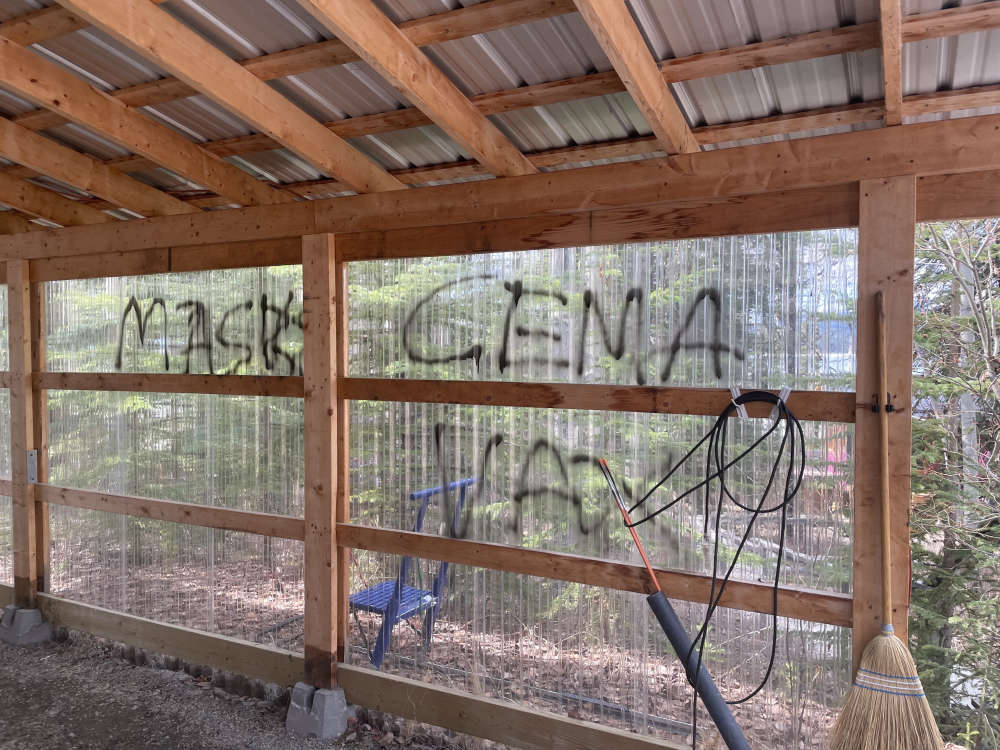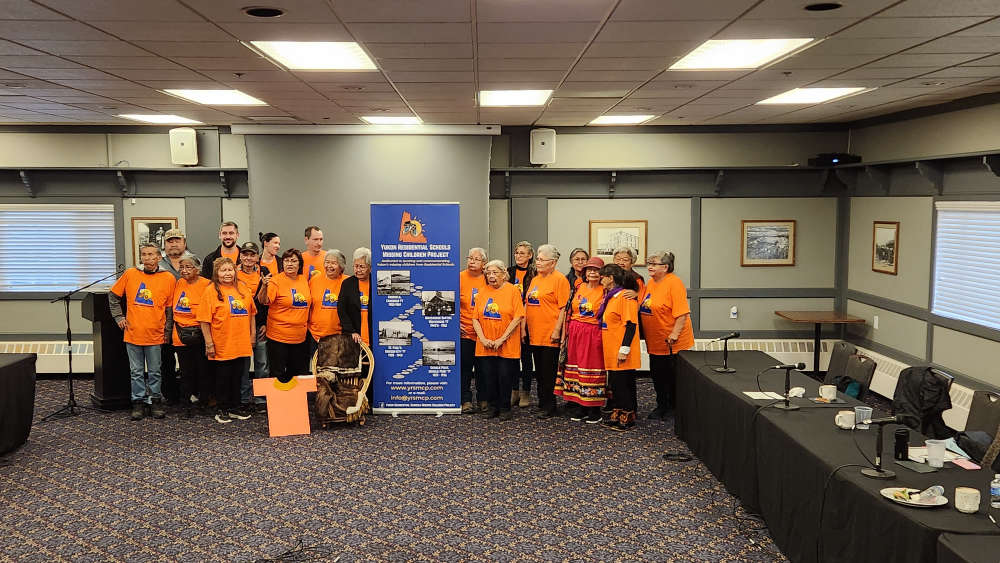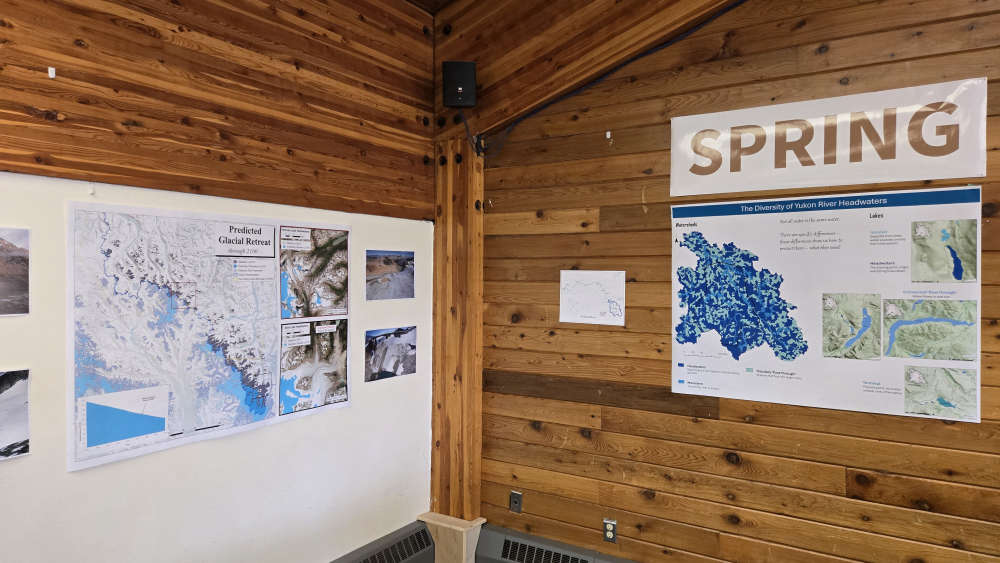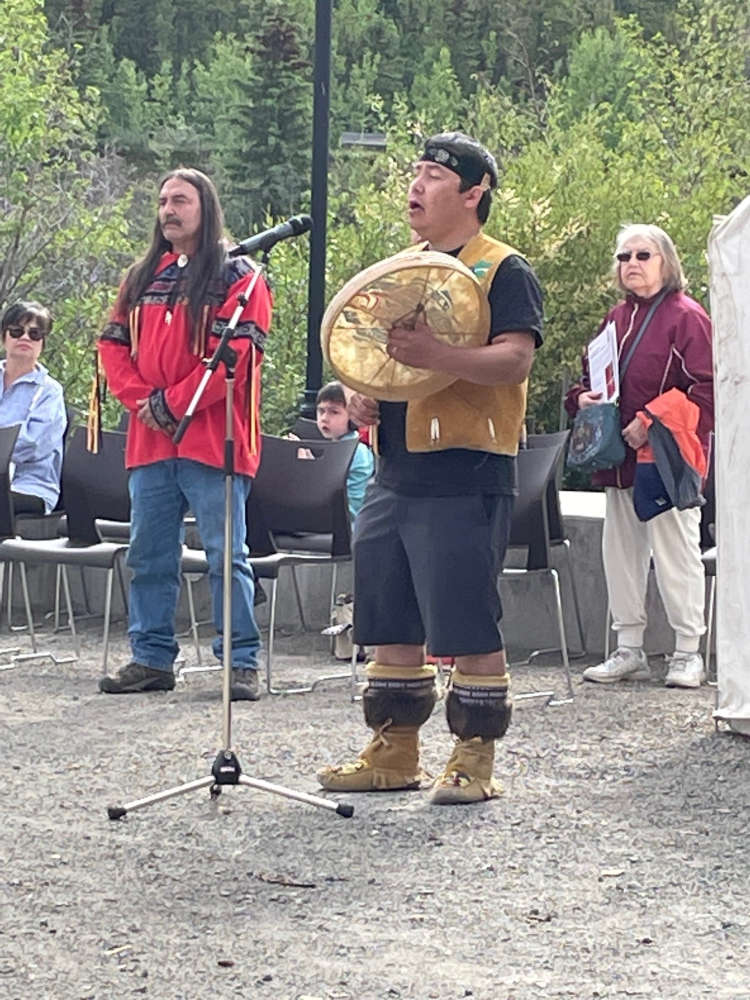
After March 8 time change, Yukoner's won't turn clocks back again, says government!
The government of Yukon is cancelling seasonal time changes.
Wednesday evening YTG (Yukon Territorial Government) announced that they are putting an end to the twice annual seasonal time changes originally meant to align daytime schedules with available sunlight in the future.
This Sunday, March 8th Canadians across the country will turn their clocks forward for daylight time. After that, the territory will remain on Pacific Daylight Time, the Yukon Government said in a press release.
Based on a motion of Paolo Gallina, MLA for Porter Creek Centre in May 2017 to end the practice of changing the time by an hour each spring and fall and a public input between Jan. 6 and Feb. 16, the news release said this week.
According to the territorial government, 4,800 responses from Yukon residents. were in favour stop springing forward and falling back in the fall.
The government said it found 93 per cent of respondents wanted to end seasonal time changes and, of that group, 70 per cent wanted "permanent Pacific Daylight Saving Time."
"Yukoner's clearly want to see an end to seasonal time change and we are listening. The response to this engagement speaks to the importance of this issue for people. Thank you to everyone who took the time to voice an opinion. This helped our government make an informed decision for Yukon." said Premier Sandy Silver in a statement.
Quick facts
-
The spring 2020 seasonal time change will go ahead as planned this Sunday, March 8. After that, Yukon will remain on Pacific Daylight Saving Time.
-
The engagement ran from January 6 to February 16 of this year. Among other things, Yukoner's were asked whether they want to keep the twice-annual time change or permanently adopt a single time.
-
More than 4,800 organizations and individuals responded to the online survey. That’s 1,500 more than 2017’s engagement on cannabis, which was previously the highest. The government also received over 35 written and emailed submissions from a broad group of organizations and individuals from across the territory.
-
Many jurisdictions in western North America are reviewing how they set and observe time for a number of reasons, including public health, energy and the economy.

 The end of one Star sparks the birth of another
The end of one Star sparks the birth of another
 UPDATE: Missing First Nations Haines Junction residents located
UPDATE: Missing First Nations Haines Junction residents located
 Minister's home vandalized with threats and profanity
Minister's home vandalized with threats and profanity
 Whitehorse Community Thrift Store donates $100K to community organizations.
Whitehorse Community Thrift Store donates $100K to community organizations.
 Whitehorse residential school ground searches completed
Whitehorse residential school ground searches completed
 Arrested parent accuses department of Education of escalating matters at Holy Family School
Arrested parent accuses department of Education of escalating matters at Holy Family School
 Government of Canada announce over $45M to protect Whitehorse Escarpment and Robert Service Way
Government of Canada announce over $45M to protect Whitehorse Escarpment and Robert Service Way
 Yukon government passes Health Authority Act
Yukon government passes Health Authority Act
 Regalia workshop for special traditional occasions holds in Whitehorse
Regalia workshop for special traditional occasions holds in Whitehorse
 Unity in the Community Walk for four Yukon women who died at the Whitehorse Emergency Shelter held in Whitehorse
Unity in the Community Walk for four Yukon women who died at the Whitehorse Emergency Shelter held in Whitehorse
 Testimony hearing into the deaths of four Yukon women comes to an end.
Testimony hearing into the deaths of four Yukon women comes to an end.
 Ground searches at two former Whitehorse residential school sites begin this week
Ground searches at two former Whitehorse residential school sites begin this week
 Coroner's Inquest sees footage of lifeless body ignored for more than 12 hours
Coroner's Inquest sees footage of lifeless body ignored for more than 12 hours
 How We Walk with the Land and Water holds two open houses
How We Walk with the Land and Water holds two open houses
 Whitehorse Emergency Shelter staff not trained for emergencies, inquest hears
Whitehorse Emergency Shelter staff not trained for emergencies, inquest hears
 Premier pledges to meet with Yukoners living in tents to help them find housing
Premier pledges to meet with Yukoners living in tents to help them find housing

